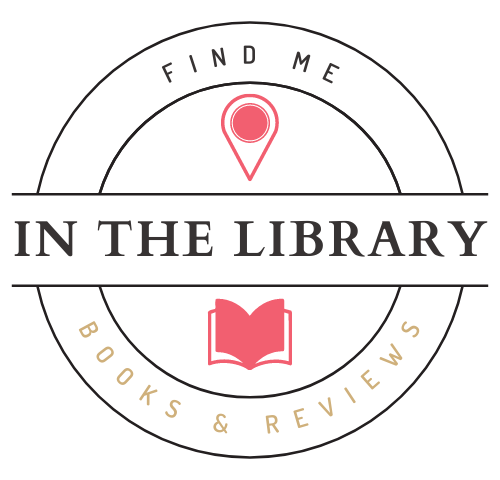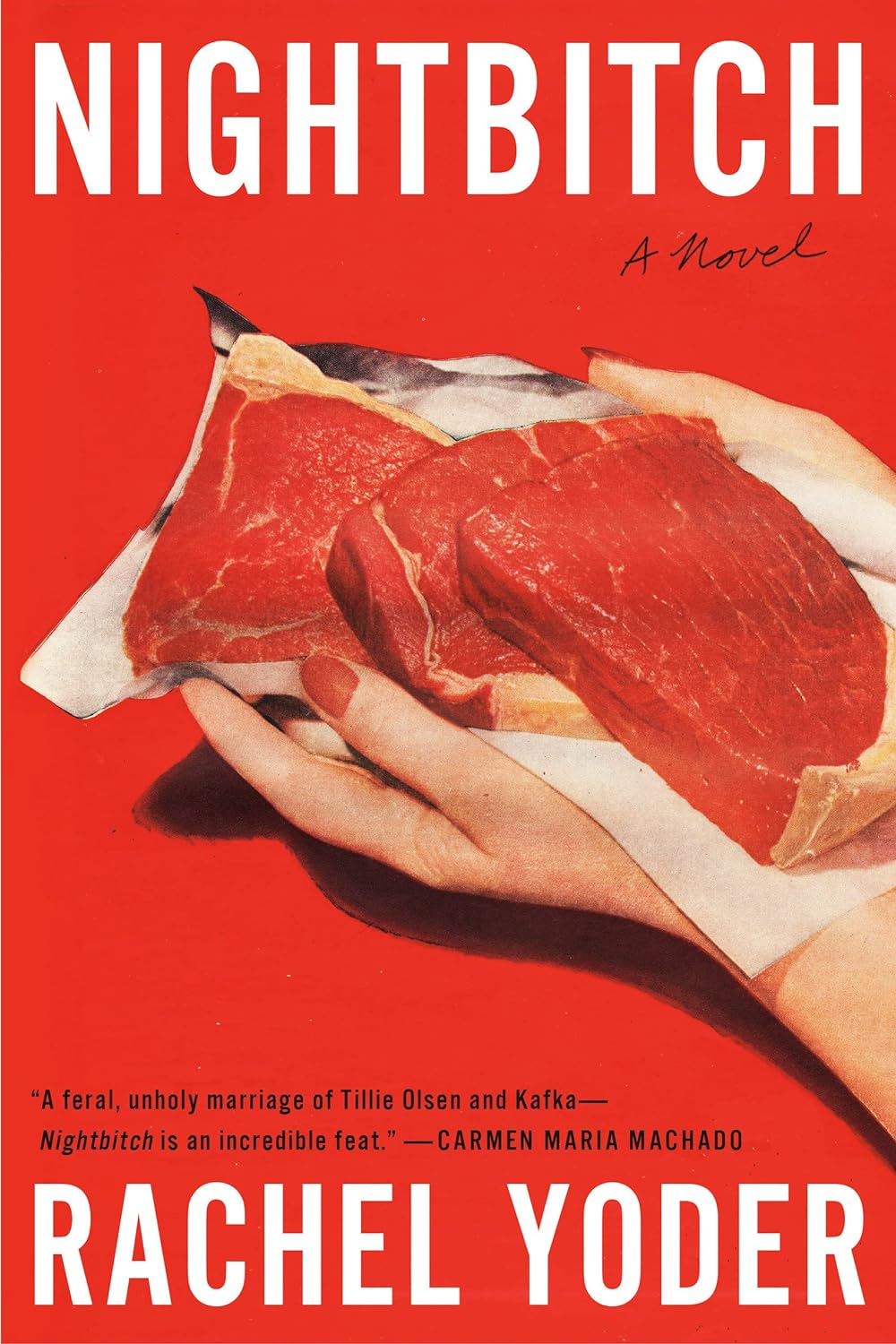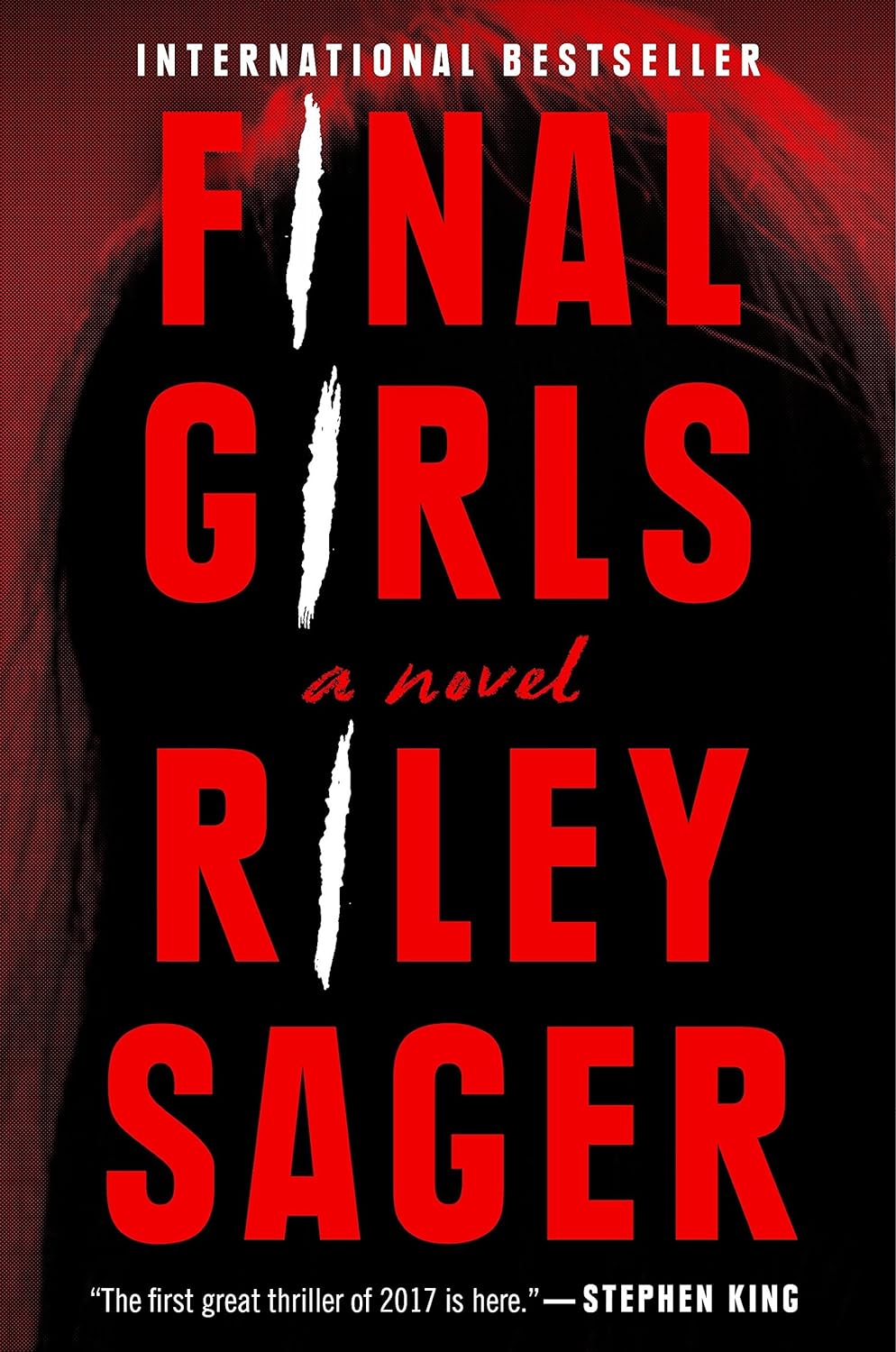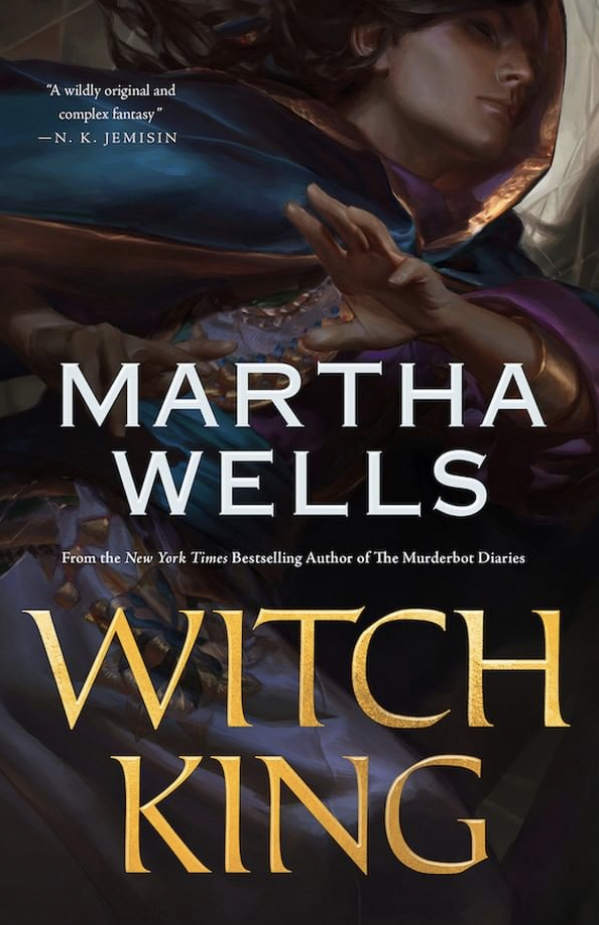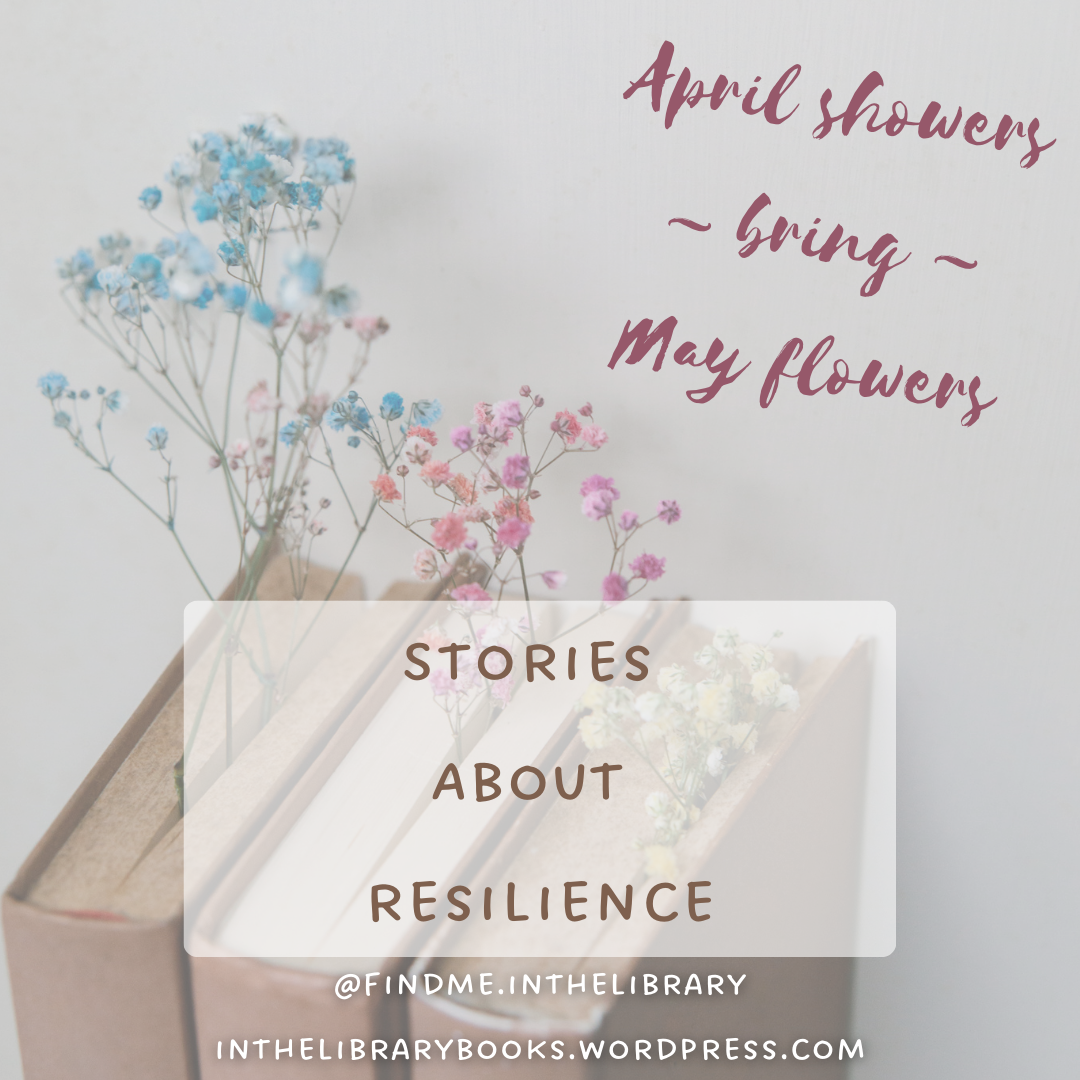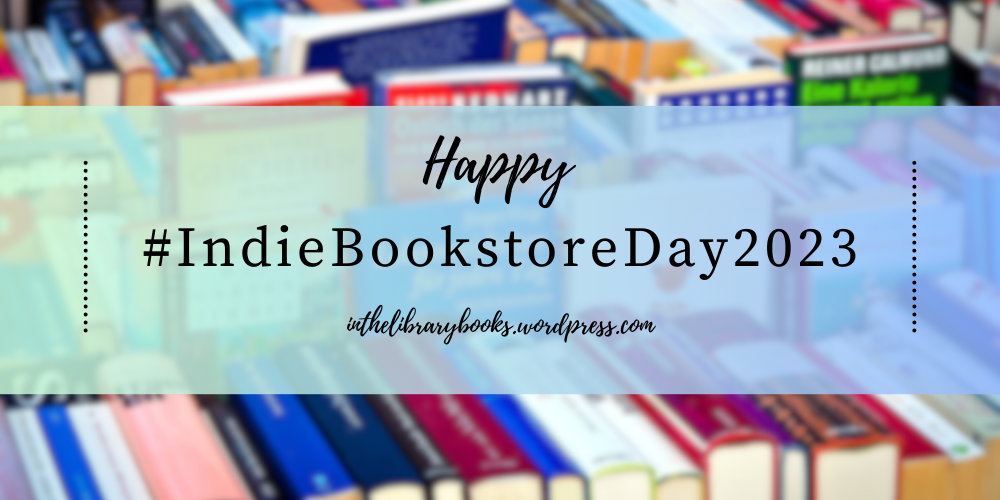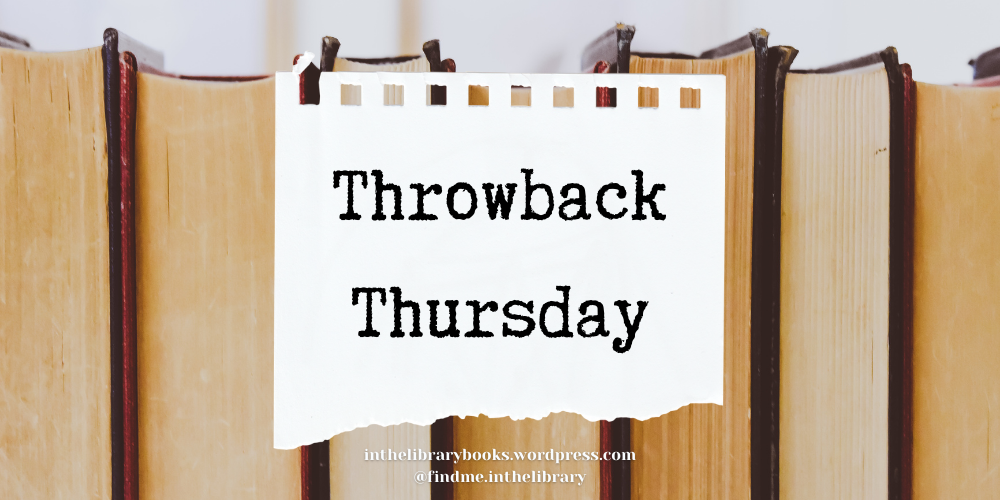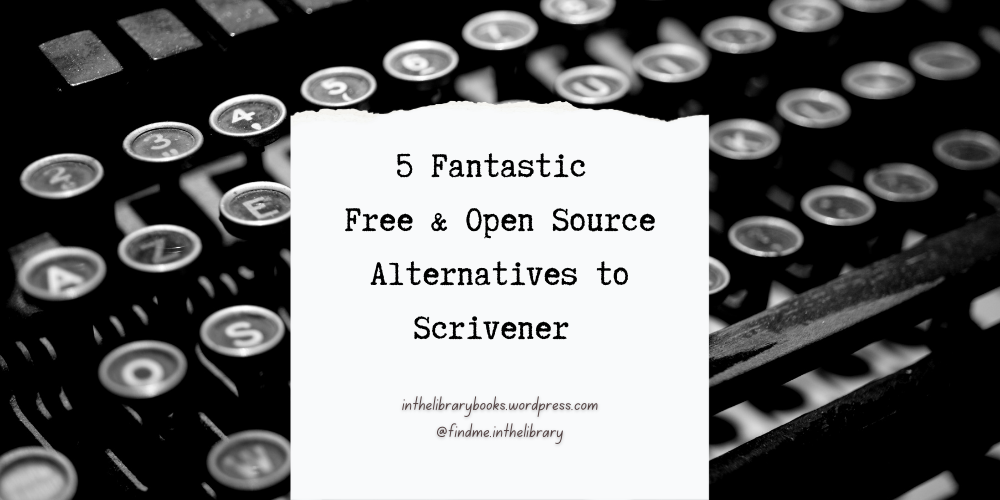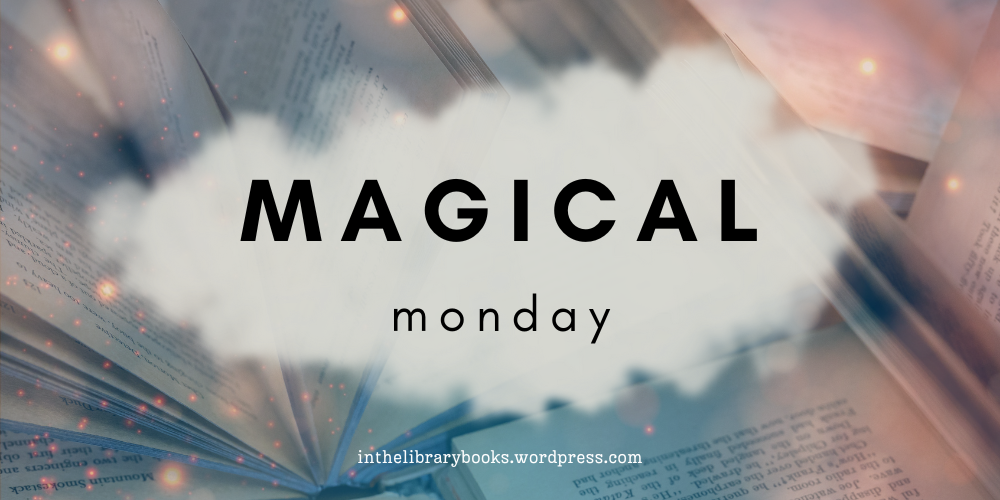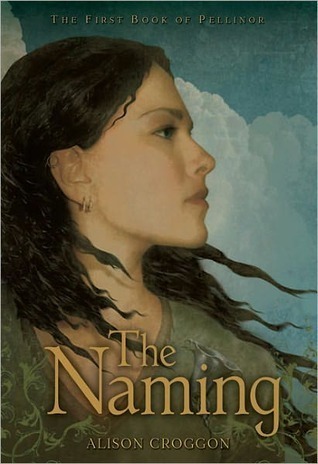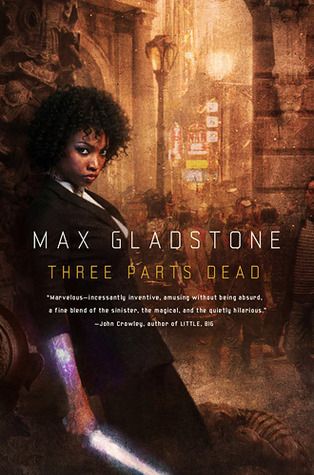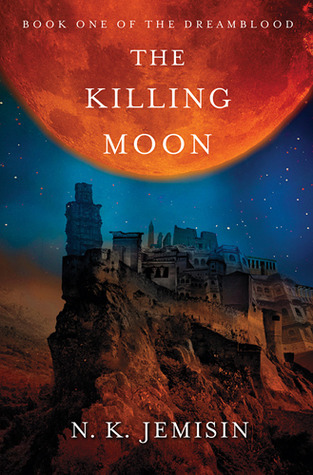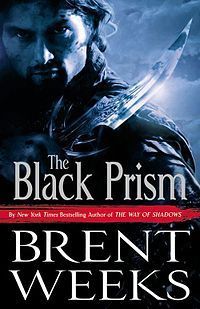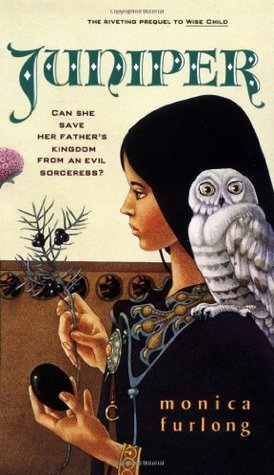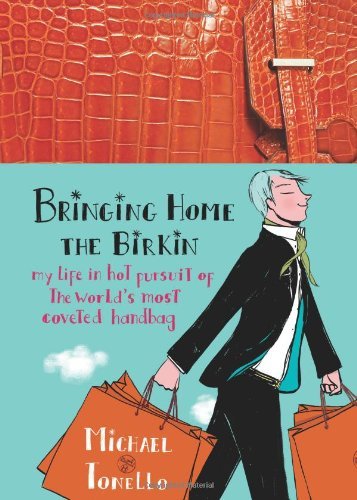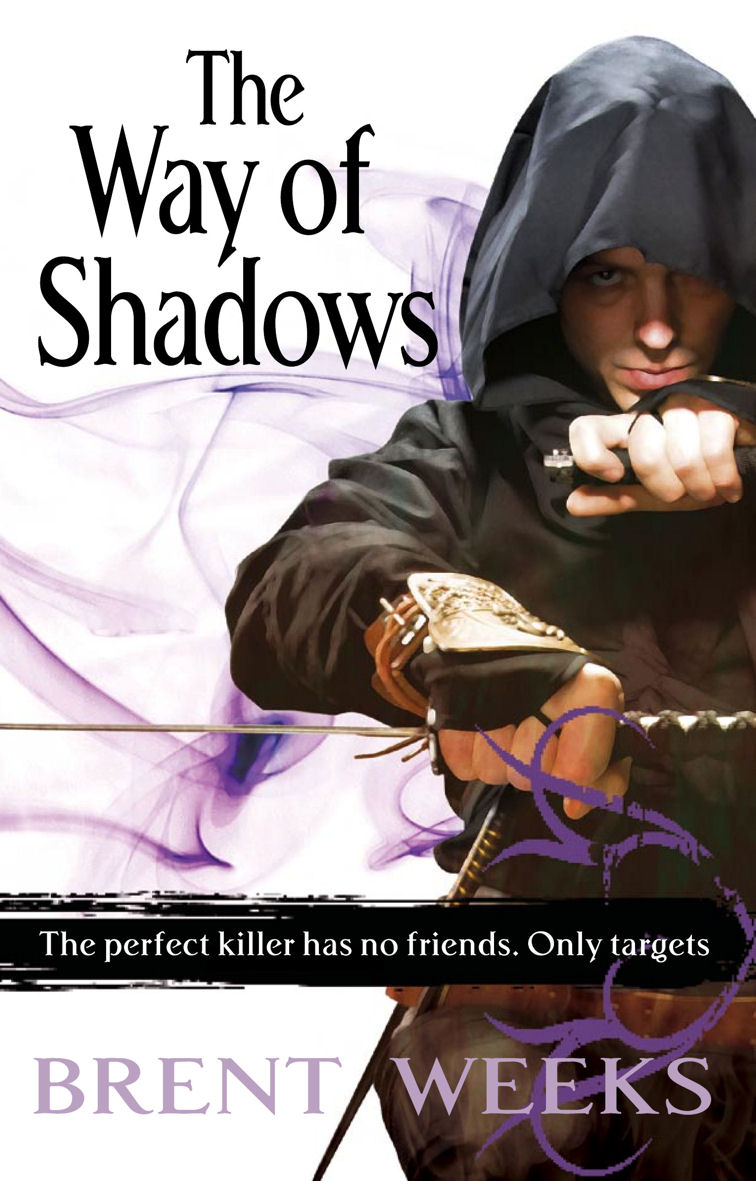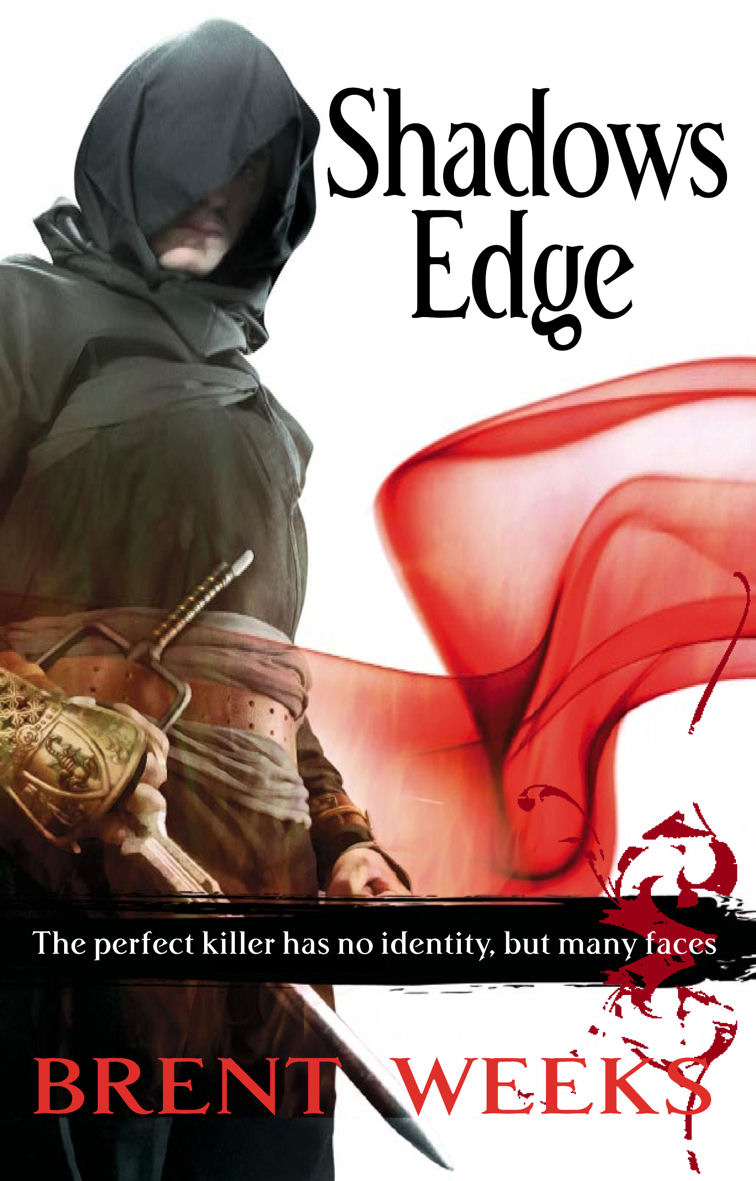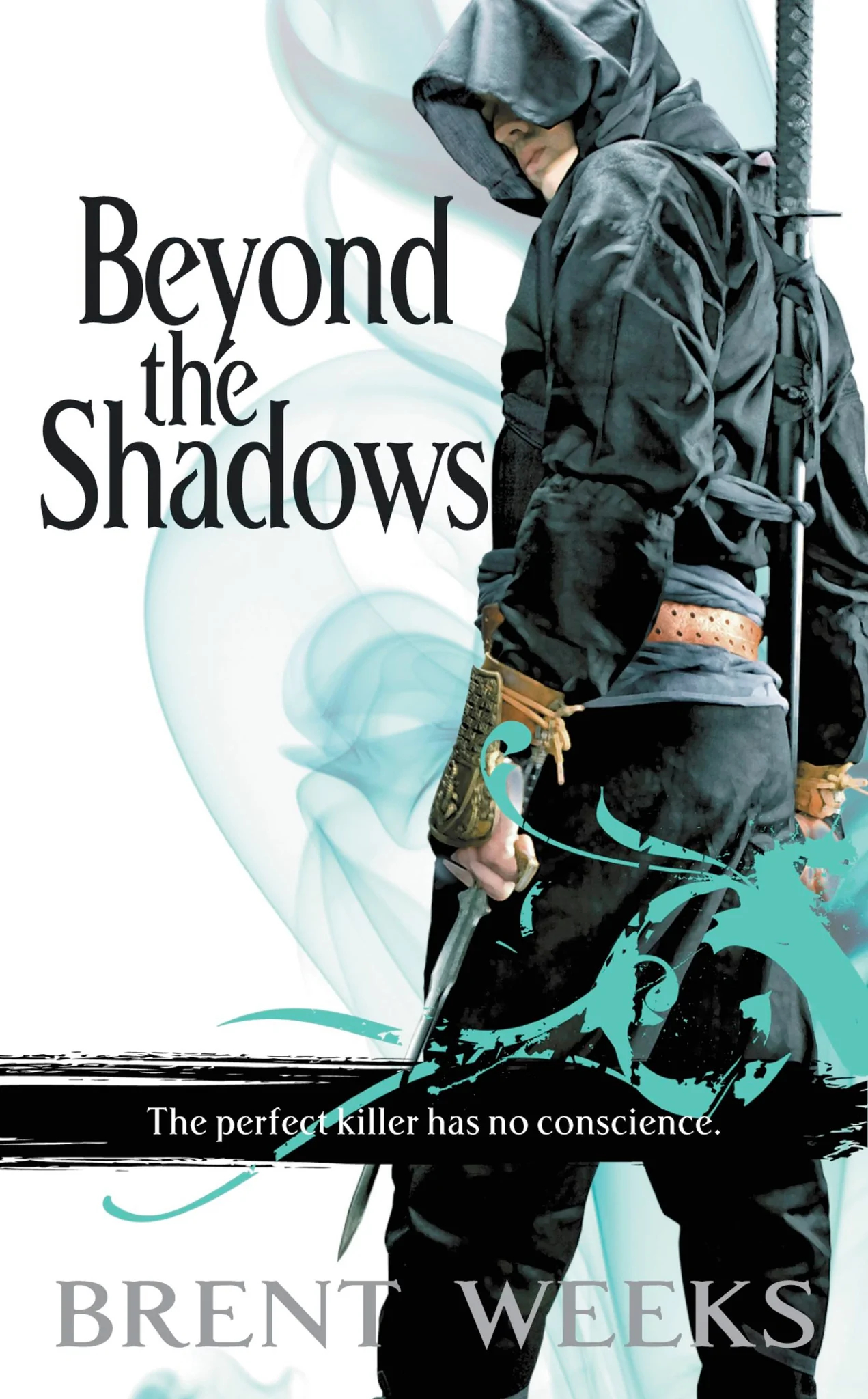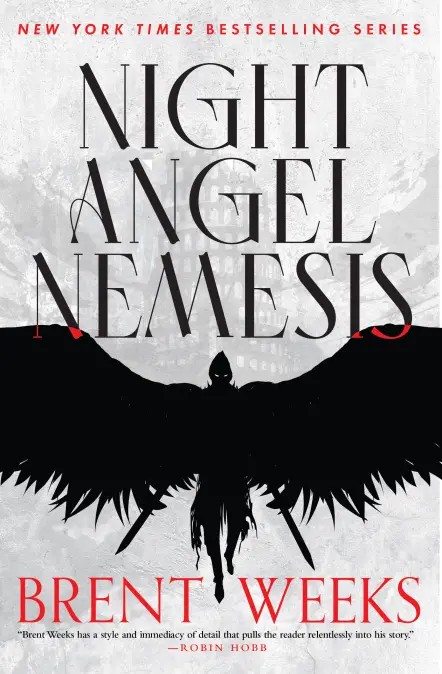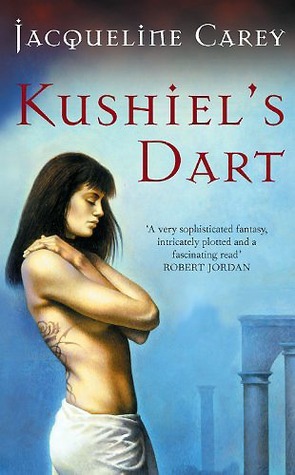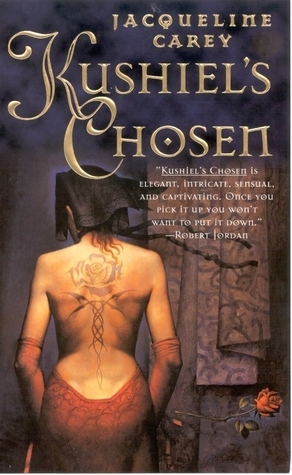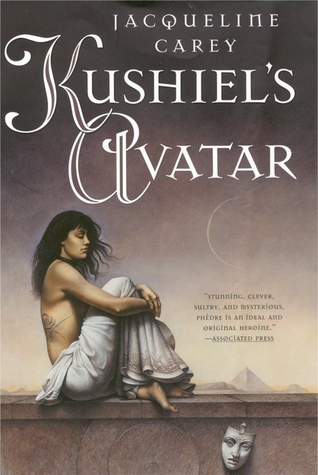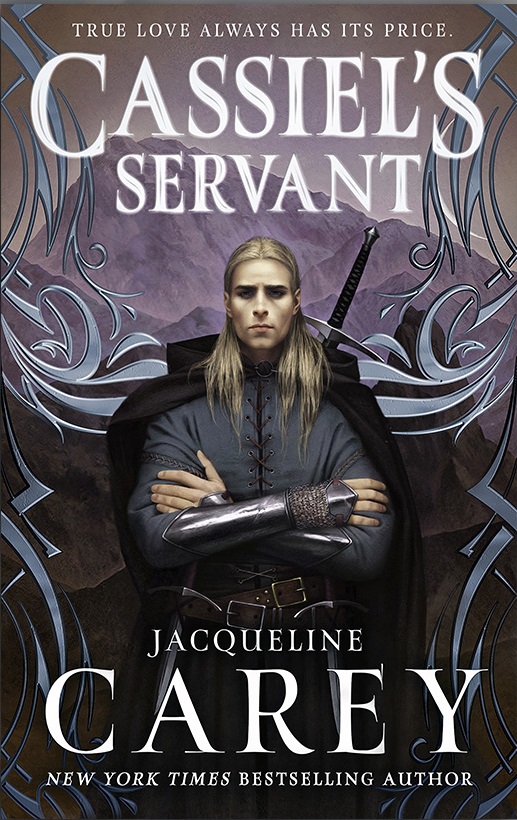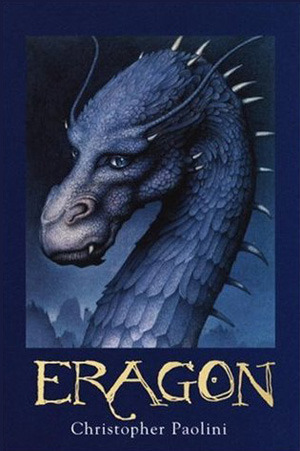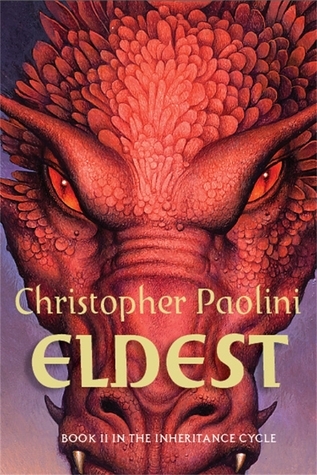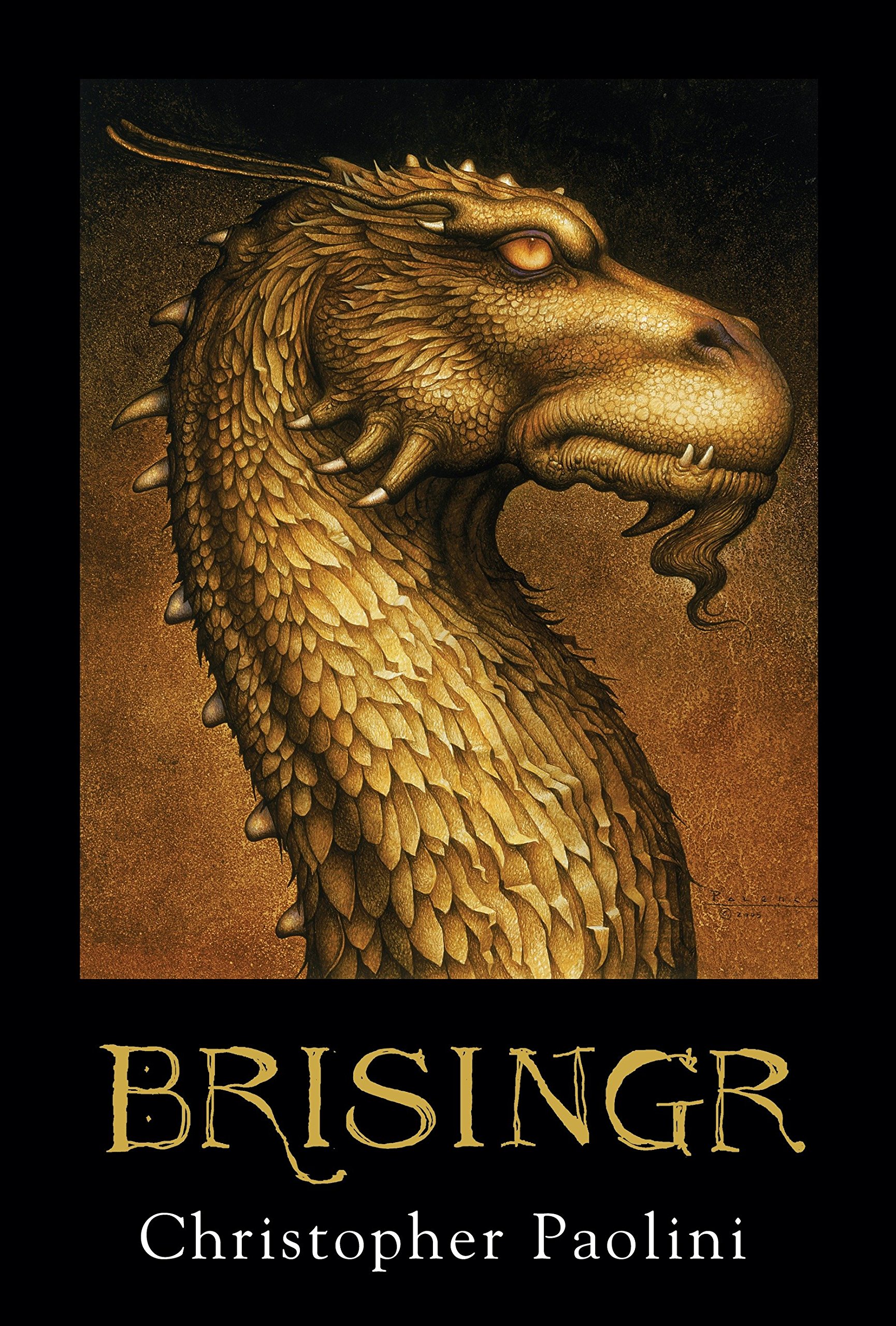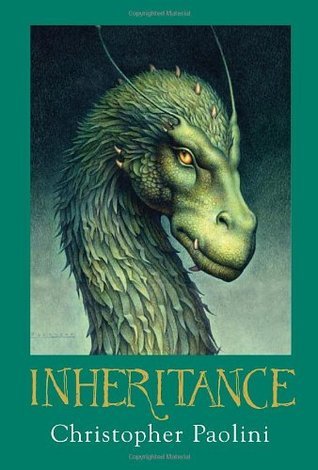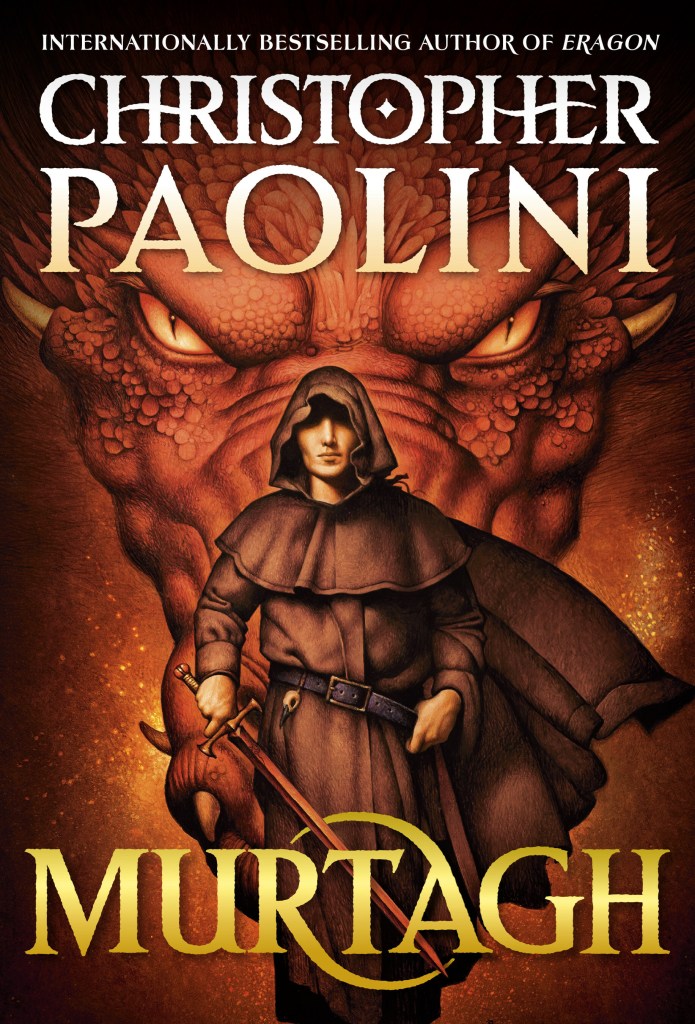This Magical Monday, I want to talk about one of my favorite things in the genre: unique magic systems. As a fantasy reader, I’m always looking for something new and exciting in the way magic works in a world. So, I decided to compile a list of some of my favorite fantasy books with unique and fascinating magic systems!
One name that always comes up when readers discuss unique magic systems in Fantasy literature is Brandon Sanderson. And yes, he’s made a huge name for himself as a prolific, original, and much-loved author whose unique magic systems are a core part of his worlds! I love Sanderson’s work myself — my absolute favorites being Mistborn and Warbreaker — but I thought I would take this opportunity to shine a spotlight on some amazing magic systems by other authors. But I do highly recommend Sanderson’s work, he’s definitely one of my favorite authors!
Here’s some of my favorite books with unique magic systems:
The Naming/The Gift by Allison Croggon – Bards
Genre: YA fantasy, epic fantasy
Goodreads link
Maerad is a slave in a desperate and unforgiving settlement, taken there as a child after her family is destroyed in war. She is unaware that she possesses a powerful gift, one that marks her as a member of the School of Pellinor. It is only when she is discovered by Cadvan, one of the great Bards of Lirigon, that her true heritage and extraordinary destiny unfold. Now she and her new teacher must survive a journey through a time and place where the forces they battle stem from the deepest recesses of otherworldly terror.
Book Summary
The Books of Pellinor are such an incredible, classic YA epic fantasy that has definitely shaped my love for the genre and writing in general. Alison Croggon is a poet — and you can absolutely see that skill come out beautifully in this and all other books of this series.
The Naming features a magic system based on Bards, the magic-users of this world, a scholarly order which is distributed across many Schools throughout the land, each with a different energy and focus. Bards are born with the Gift, or the ability to understand, speak, and use the magical language of Creation. The magical language is called the Old Speech. It is a language that is only known to the Bards and is considered to be the true language of creation.
Through music, simple words, singing, or force of will, Bards are able to manipulate this energy of creation through language to cause effects in the world around them. However, Bards have a strict moral and ethical code to do no harm, and to carefully consider the use of magic in cases when mundane actions would work as well. Glamours, charms, etc are often used, but more serious magic is to be carefully considered, as each action has a cost. Perhaps the most common use of the Old Speech is in speaking to animals, trees, and other strange creatures of the land.
I adore this book because Bards are not only magic-users, but also servants and teachers of all around them. You can see how Croggon carefully set her Schools in the world to perform a very critical purpose to uplift and aid all around the Schools, magic-users or not. A lot of the magic system and respect for words reminds me of Ursula Le Guin’s Earthsea series, and I feel this style of magic system is not as common nowadays in epic fantasy, but remains one of my favorites.
Overall, the magic system in The Naming is a beautiful and unique addition to the fantasy genre, and Croggon’s writing really brings this system to life. The combination of beautiful writing, unique magic, and deep ethical considerations make The Naming a must-read for any fantasy lover.
Three Parts Dead by Max Gladstone – Contracts
Genre: Fantasy, General
Goodreads link
A god has died, and it’s up to Tara, first-year associate in the international necromantic firm of Kelethres, Albrecht, and Ao, to bring Him back to life before His city falls apart.
Her client is Kos, recently deceased fire god of the city of Alt Coulumb. Without Him, the metropolis’s steam generators will shut down, its trains will cease running, and its four million citizens will riot.
Tara’s job: resurrect Kos before chaos sets in. Her only help: Abelard, a chain-smoking priest of the dead god, who’s having an understandable crisis of faith.
When Tara and Abelard discover that Kos was murdered, they have to make a case in Alt Coulumb’s courts—and their quest for the truth endangers their partnership, their lives, and Alt Coulumb’s slim hope of survival.
Book Summary
Have you read Max Gladstone’s Craft Sequence series? It’s amazing, and one of the things that really stands out is the unique magic system.
In this world, magic is a legal profession that’s almost like a cross between law and engineering. The practitioners of magic, known as Craftsmen, essentially function like lawyers or insurance agents, hired to solve legal or financial problems through the use of magic. The magic is tied to the gods, and in order to perform it, the magic users have to make contracts. However, The gods are these incredibly powerful beings, but they’re also very capricious and their powers are very specific. So the characters have to be very careful and very precise in how they use the magic.
There’s a lot of depth and nuance to the magic system, but what I love about it is how it’s integrated into the world-building and the story. It’s not just a cool gimmick or something that’s tacked on for the sake of being different – it’s an integral part of the world and the characters, and fits perfectly in the pseudo-corportate-but-magical world of the Craft Sequence.
If you’re looking for a fantasy series with a unique and fascinating magic system, definitely check out Three Parts Dead!
The Killing Moon by N.K. Jemisin – Dreams
Genre: Fantasy, high fantasy
Goodreads link
In the ancient city-state of Gujaareh, peace is the only law. Upon its rooftops and among the shadows of its cobbled streets wait the Gatherers – the keepers of this peace. Priests of the dream-goddess, their duty is to harvest the magic of the sleeping mind and use it to heal, soothe…and kill those judged corrupt.
But when a conspiracy blooms within Gujaareh’s great temple, the Gatherer Ehiru must question everything he knows. Someone, or something, is murdering innocent dreamers in the goddess’s name, and Ehiru must now protect the woman he was sent to kill – or watch the city be devoured by war and forbidden magic.
Book Summary
N.K. Jemisin is perhaps the greatest fantasy author of our time. There’s so many incredible works of hers to choose from, but I just had to go with the Dreamblood Duology for its sheer uniqueness and gut-punch visceral emotions. This is an incredible book. But definitely check out her Broken Earth trilogy for more unique magic systems, among others!
The magic system in The Killing Moon revolves around the practice of Gatherers who are trained in the art of dream magic. They are tasked with easing the dying into the afterlife by gathering their dream energy or life force in a ritual called “gathering.” The Gatherers use this gathered energy to power the magical abilities of the Priests.
But the magic system is not without its ethical dilemmas, as the line between euthanasia and murder becomes blurred. The Gatherers are bound by strict codes of conduct and must ensure that the people whose souls they are gathering are truly ready to move on to the afterlife.
Jemisin’s writing style and her unique approach to worldbuilding is what makes this magic system so intriguing. She weaves it into the fabric of the story in such a way that it feels organic and authentic, and it leaves you wanting to learn more about the world and the magic.
Overall, The Killing Moon’s magic system is just one of the many reasons why this book is a must-read for fantasy lovers. It is creative, thought-provoking, and completely immersive, with deep and complex characters and intense moral and ethical choices. So, if you’re looking for something fresh and unique in the realm of fantasy, I highly recommend checking out this book!
The Black Prism by Brent Weeks – Color Magic
Genre: High fantasy
Goodreads link
Guile is the Prism, the most powerful man in the world. He is high priest and emperor, a man whose power, wit, and charm are all that preserves a tenuous peace. Yet Prisms never last, and Guile knows exactly how long he has left to live.
When Guile discovers he has a son, born in a far kingdom after the war that put him in power, he must decide how much he’s willing to pay to protect a secret that could tear his world apart.
Book Summary
First, let me just say that I absolutely love the idea behind this system. In this world, magic is based on the manipulation of light, and users of magic are known as drafters.
Drafters are able to take in light and convert it into various colors, with each color having a different effect. For example, red can create fire, blue can create illusions, and green can heal. However, there’s a catch – drafting comes at a cost. Every time a drafter uses magic, they risk becoming addicted to the power, and the more they use it, the closer they come to insanity. This is a great magical cost and makes the magic system really come alive.
Overall, I highly recommend the Black Prism series to any fantasy fans looking for a unique and intriguing magic system!
Juniper by Monica Furlong – Weaving and Folk Magic
Genre: Children’s fantasy, Arthurian retelling
Goodreads link
The daughter of a king in Cornwall, Juniper enjoys the luxurious life of a medieval princess. But when presented with the opportunity to learn the magic of nature and its healing powers, Juniper opts for the tough route and becomes an apprentice to nature’s wisdom. Upon completion of her training and returning home, she discovers her power-mad aunt, Meroot, using black magic to usurp the throne. With the kingdom in peril, the young healer must use her untested powers to stop her mad aunt before the kingdom is destroyed! A prequel to Monica Furlong’s Wise Child, this enthralling fantasy is a highly reviewed reader favorite.
Book Summary
Juniper by Monica Furlong is a masterpiece of children’s fantasy literature, and the magic system is a key component of what makes this book so incredible. The magic in Juniper is rooted in nature and the natural world, and fits beautifully within the Arthurian Legend-inspired work focusing on the women in the background.
The main character, Juniper, is a young girl who is sent off to learn about magic, against her will. She learns from her mentor, Euny, a sometimes harsh and erratic village witch type who is actually incredibly powerful, who teaches her the ways and the power of the natural world. The magic in Juniper is not flashy or showy, but it is incredibly powerful in its simplicity and connection to the earth. It draws upon old English and pagan rituals, and simple/homely tasks such as weaving, spinning, gathering herbs, caring for animals — and infuses them with a deep respect for the earth and in doing so, magic. In fact, Juniper spends more time doing chores than magic — a rough life for a Princess — but comes to greatly appreciate the wisdom of Euny and the simple, but deep magical tradition she represents.
What really makes the magic in Juniper stand out is Furlong’s incredible writing. She has a way of describing the natural world and the magic that comes from it that is so vivid and beautiful, it feels like you are right there in the story. You can practically smell the herbs and feel the wind on your skin as Juniper grows and learns.
Overall, the magic system in Juniper is a testament to Furlong’s skill as a writer and her deep connection to the natural world. If you’re a fan of YA or children’s fantasy and haven’t read this book yet, I highly recommend it, or her book Wise Child (which Juniper is the prequel to)!
Have I missed your favorite unique magic system in my list? Comment below with a recommendation!
